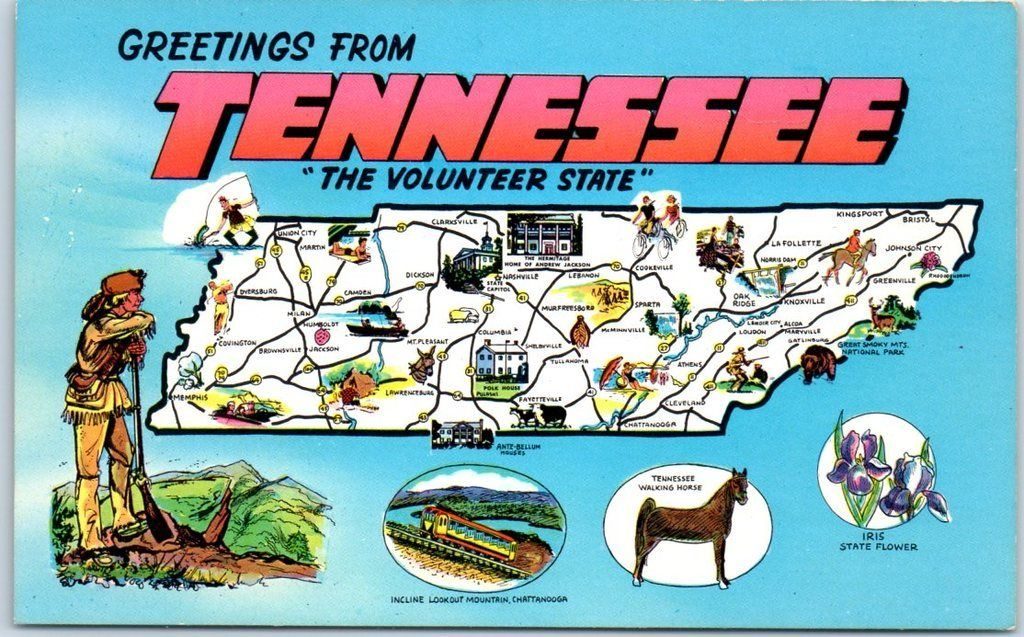
The Tennessee Education Lottery (TEL) has officially begun the sports betting application process. Documentation potential operators need to apply for a license in the Volunteer State are posted on the Lottery’s website.
The basics
There are three categories of licenses: sports gaming operator, supplier, and vendor. The category that most of us will be paying the most attention to is the first. Those who are approved for an operator license must shell out a steep $750,000 licensing fee. The tax rate on gaming revenue will be 20 percent.
The other two licenses are much less expensive: suppler licenses are $75,000, while vendor licenses are just $7,500. Operator and supplier licenses also come with a $50,000 non-refundable application fee.
Once an application has been filed, the TEL has 90 days to make a decision on it. There is no limit on the number of licenses that can be issued. This likely has something to do with the fact that Tennessee does not have commercial casinos; other states often link licenses to brick-and-mortar casinos.
In fact, Tennessee’s sports betting industry will be online-only, making it the only state to do this. Others have either done both online and land-based or land-based sportsbooks only.
The problem
The TEL finalized the rules for sports betting last week and it has been widely criticized for what it put in place. The big problem is the mandatory hold regulation. Hold is basically the sportsbook’s profit margin; the hold percentage is defined as gross revenue divided by total money wagered.
According to the UNLV Center for Gaming Research, the average hold percentage for Nevada sportsbooks from 1984 to 2019 was just shy of 5 percent. In New Jersey, it was 6 percent in 2019.
The Tennessee Education Lottery is requiring the state’s sports betting operators to have a 10 percent hold. Requiring. And that is a decrease from the 15 percent number that was originally in the rules before the final draft. Just like the internet-only sports betting industry, Tennessee is the only state to put this sort of requirement in place.
You might be able to figure out what the issue is here. If a normal profit margin is, say, 5 percent, and a Tennessee sportsbook is mandated to have a 10 percent profit, then the sportsbook is going to have to charge higher prices to make up that difference.
This is exactly was sports wagering industry experts expect to happen. For instance, a normal vig on a two-sided line is -110. It can vary, but that’s what is seen most of the time. Experts say a 10 percent hold would result in a -125 vig becoming the state’s standard. That means that customers will not make as much money for a win than they would in other states.
Some believe that -110 will still be the number for the most common types of two-way bets, as a worse price would be more noticeable in those cases. Bets where it is more difficult for a casual bettor to determine the price – say, teasers and parlays – would where the higher vig would be hidden.
The concern with the mandated hold goes further than just crappy pricing. That pricing could cause the state’s sportsbooks to lose business and worse yet, could cause Tennessee bettors to seek out offshore books.























